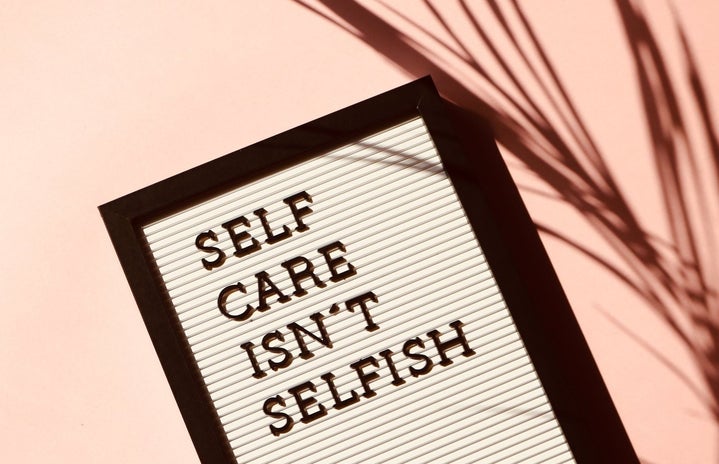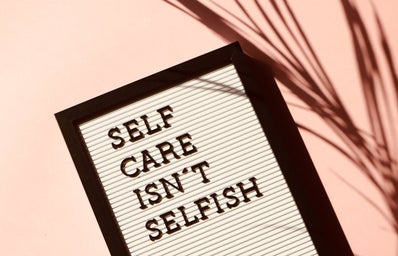As there is a potential loosening of rules with summer approaching, here is a reminder that you don’t need to glow up.
On February 22nd Boris Johnson announced his four-step plan to exit lockdown, beginning with the re-opening of schools on March 8th and culminating towards the lifting of all limits on socialising and all businesses being open by June 21st.
As soon as the news broke, social media was whipped into a flurry of joy, excitement and relief at the end being in sight. However, I also noticed that there was a trend of posts about needing to lose the lockdown weight to achieve the perfect ‘hot girl summer’ body. Soon, influencers began to peddle their workout plans, flat tummy teas and keto diets as Google searches for ‘4-month weight loss’ spiked in those 24 hours as people began to feel the pressure of weight loss. I saw this reflected in real life, especially with the weather getting warmer, the thoughts of having a beach bikini body were coming to the forefront of my mind and the minds of my peers.
This obsession with losing weight has been present throughout the pandemic. In the beginning, it was about the ‘lockdown glow up’, where there was the expectation that we were supposed to leave lockdown being different, and significantly more attractive people. As Olivia Farrington in her article perfectly sums up: ‘The media has managed to imbue lockdown with a transformative quality. The assumption that lockdown has been the golden once-in-a-lifetime opportunity for any ‘glowing up’. There is a hyperawareness of opportunity, potential and possibility.’
Not only is the idea of a ‘glow up’ a problematic one as it often focuses on superficial and aesthetic aspects and pressures us to meet society’s unrealistic, fatphobic beauty standards. It is then capitalised on the beauty, diet and fitness industry, and applied to other aspects of our lives. We were pressured to glow up in terms of skills and hustle harder than ever; to learn a new language, to code, write books. This idea that every second has to be productive or monetized is weaponised ‘to justify income inequality in nearly any context, promoting an illusion that if you hustle hard enough, the playing field can be equal for you, too.’
Much like everyone else, I am looking forward to dressing up and actually being able to wear the clothes I have ordered during lockdown to feel a (short-lived) moment of joy and I understand the excitement of wanting to transform into a new version of you. But it is also okay if you are going to leave lockdown without a transformed body or a small business. This year has been challenging and difficult for us all and the sole aim has been just to make it out in one piece. Surviving it is enough of an accomplishment, and we should all practise being kinder to ourselves.
After a year of being away from our normal lives and our loved ones we should be proud of ourselves for getting to this point and looking forward to all the important things that are waiting for us, instead of being ashamed that we don’t have the perfect body.



